
This article is more than
1 year old
Ukrainian President Volodymyr Zelensky has declared “Russia can only be forced into peace”, warning the West that the next few months could be a make-or-break scenario for his embattled nation.
While touring America this month, Zelensky pressed the case for his “victory plan,” hoping to rally more international funds as Ukraine’s struggle with Russia grinds on.
The war is closing in on its three-year mark, and with it comes a potentially devastating European winter that stands to shift the playing field.
Since Ukraine’s recapture of the city of Kherson in late 2022, meaningful progress on the battlefield has been hard to come by.
A summer offensive in 2023 gained small stretches of territory, and recent months have seen Ukraine gradually losing ground in key regions like Donetsk.
The Russian capture of Avdiivka in February was a significant blow, and forces continue closing in on Ukrainian strongholds like Pokrovsk and Vuhledar.
In theory, Ukraine remains committed to regaining all its lost territory, including Crimea, annexed by Russia in 2014.
But in practice, the war has settled into a grinding war of attrition, with both sides scrambling for foreign support.
In short, Russia and Ukraine are now aiming to outlast the other, with the hope that a decisive shift on the battlefield could tilt the terms of any future peace deal.
But as the war drags on, questions loom about whether Ukraine itself might be pushed to its breaking point first.
Winter brings its own set of challenges, and Russian attacks on Ukraine’s power grid could cripple vital infrastructure when cities needs it most.
“Russia’s intention is to freeze Ukraine into submission,” Zelensky warned, as the threat of rolling blackouts and a collapse of the heating system grows with every Russian missile strike.
Rough estimates say nearly three-quarters of Ukraine’s electricity capacity has been sapped from two years of war.
“No country can work without electricity, and 70 per cent of the electricity capacity production has been destroyed,” EU diplomat Josep Borrell told reporters after his arrival at the summit.
“We provide new generators, but the new generators are being destroyed the following days — and we have to stop the cycle of ‘they destroy, we repair.’”
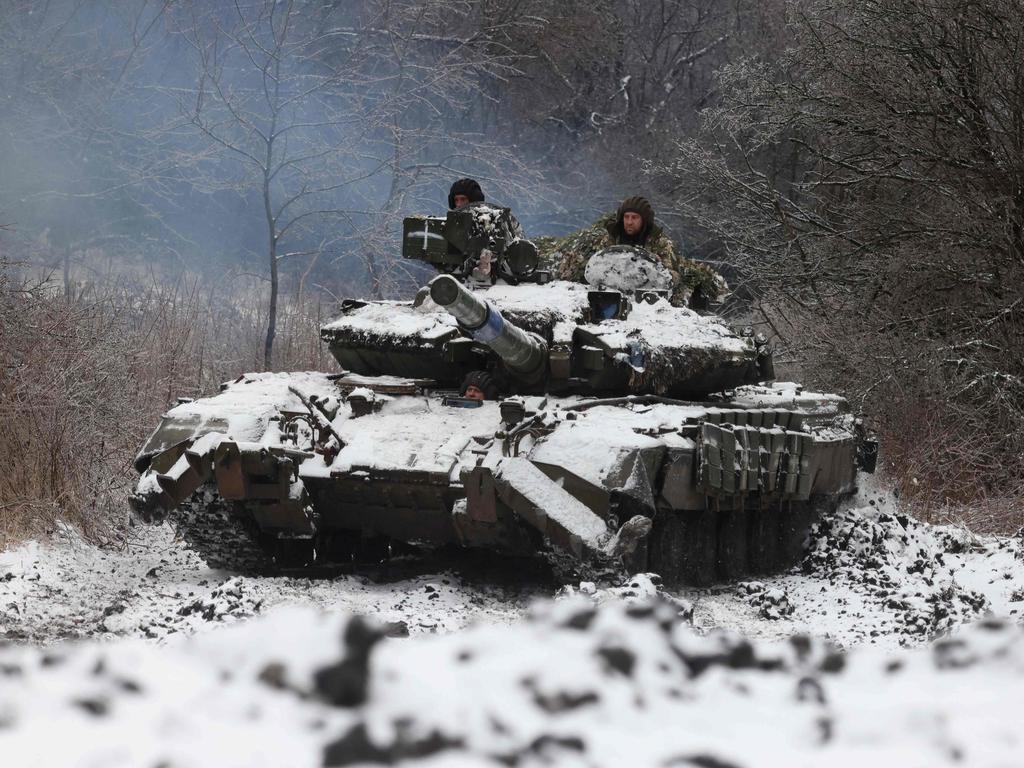
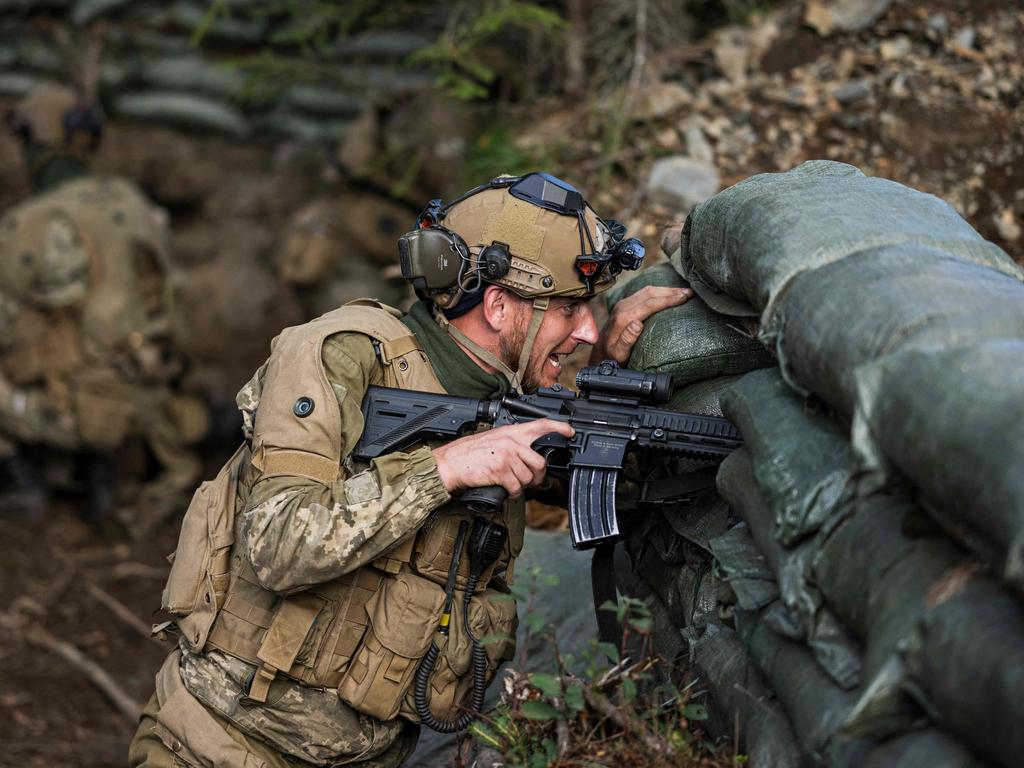
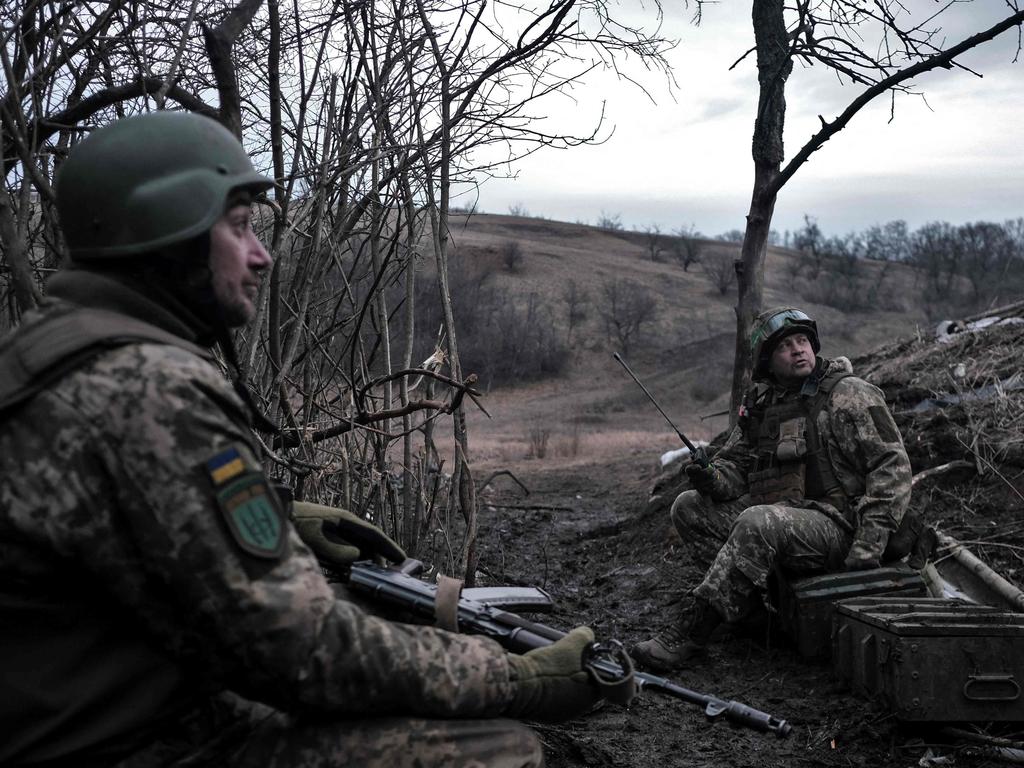
Zelensky’s recent tour of the US shone light on the complexities of the war and its effect on regular people in Ukraine.
While he remains defiant, the reality is that Ukraine’s army, economy, and morale are showing signs of strain.
Russia’s battlefield losses, while staggering, have not slowed its steady march.
With an estimated 100,000 killed and 430,000 injured, Vladimir Putin has now commissioned allies like North Korea to help its offensive, although that scheme has not entirely gone to plan.
In contrast, Ukraine’s military is struggling to replace casualties, with conscription becoming increasingly unpopular among young males. One Ukrainian officer observed that many draftees are “too old, too ill, too drunk” to fight effectively.
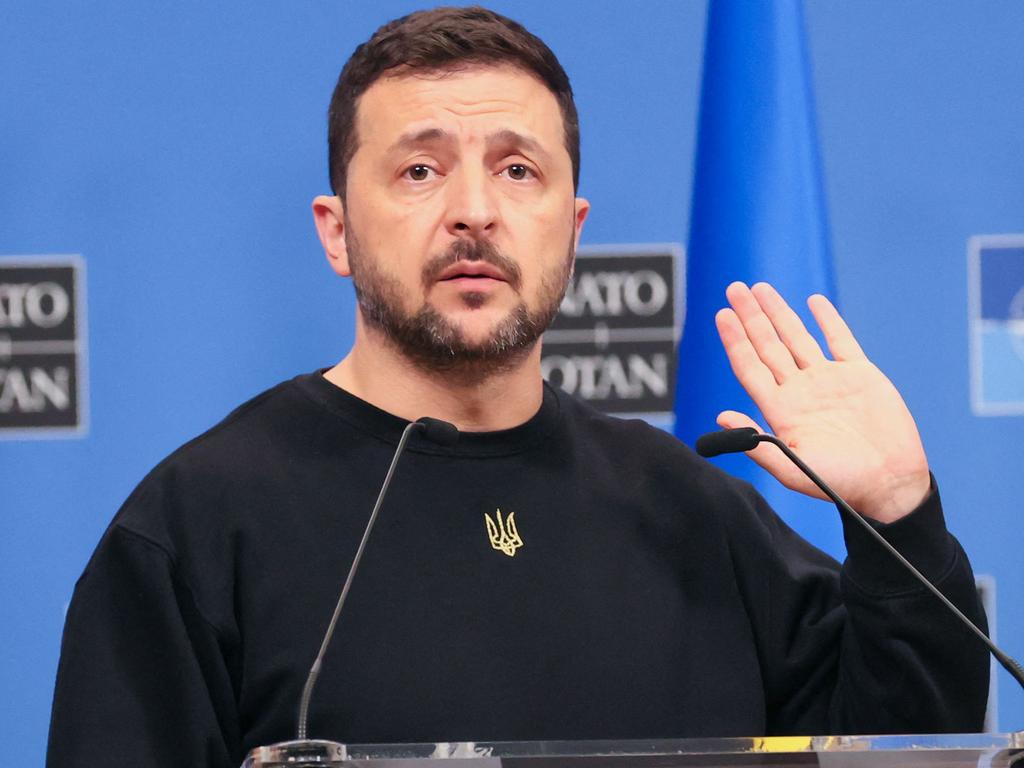
Meanwhile, Russia’s firepower continues to dwarf Ukraine’s, particularly through its use of glide bombs and superior artillery.
While Ukraine’s daring drone attacks have dented Russian operations, they have not turned the tide.
This year’s Ukrainian incursion into Russia’s Kursk province, though initially successful in embarrassing Vladimir Putin, has stretched Ukraine’s resources thin and diverted crucial air support from other key battlegrounds.
Zelensky hopes that continued Western military support will stem the tide of Russian advances and push Putin towards negotiating from a position of weakness.
Against the charred backdrop of war, the Ukrainian public remains resilient but deeply divided.
Polls show that 74 per cent of Ukrainians still believe military victory is possible, but younger generations are less optimistic. Only 31 per cent of those between 18 and 25 think Ukraine is winning, and a growing number of Ukrainians are willing to cede some territory to Russia in exchange for peace.
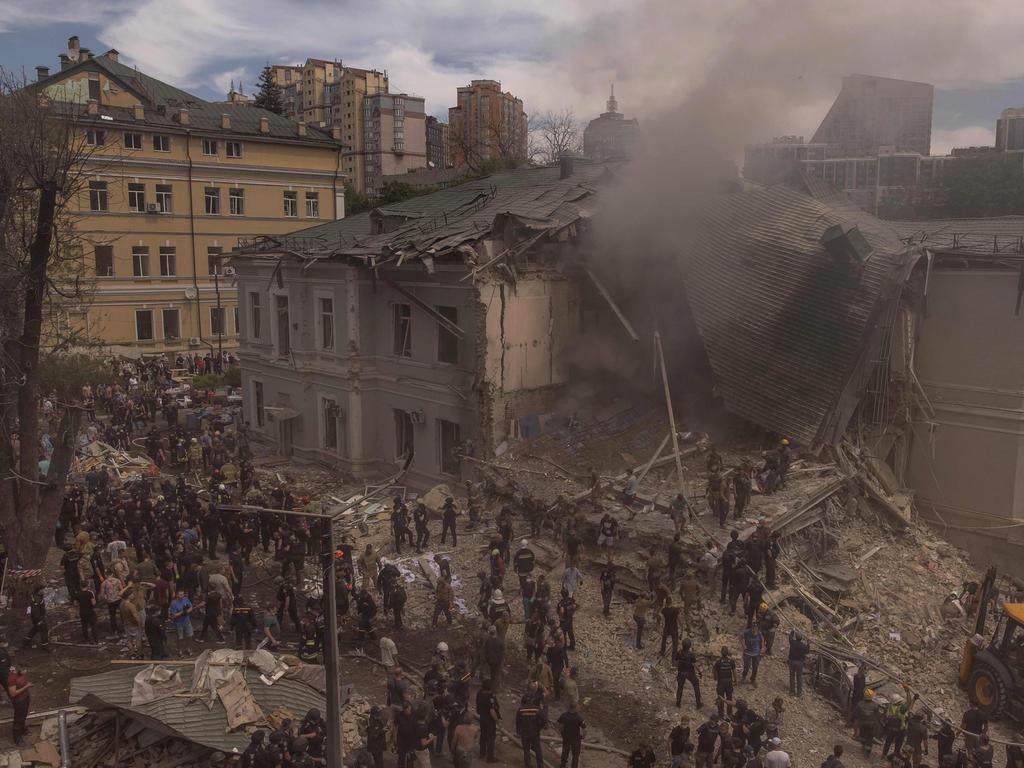
Stakes are high as US election looms
Zelensky now faces another mountain to climb with the US election around the corner.
Donald Trump argued that the Ukrainian leader had failed to calm the waters long before open hostilities began.
“Zelensky is one of the greatest salesmen I’ve ever seen. Every time he comes in, we give him $100 billion. Who else got that kind of money in history? There’s never been (anyone),” Trump said on the PBD Podcast.
“And that doesn’t mean I don’t want to help him, because I feel very badly for those people. He should never have let that war start.”
The United States is one of Ukraine’s main backers, and has disbursed more than $64.1 billion in military assistance to Zelensky’s government since the start of the war.
Trump has repeatedly mentioned his good relationship with Vladimir Putin and claims he can put together a deal to stop the violence.
“I believe I will be able to make a deal between President Putin and President Zelensky quite quickly,” Mr Trump told reporters on Thursday, US time.
“I don’t want to tell you what that looks like.
“A deal could have been made. There wouldn’t have been one person who’d died. And there wouldn’t have been one golden tower laying shattered on its side,” Mr Trump said.
“A deal could have been made if we’d had a competent president, instead of a president who egged it all on.
“Biden and Kamala allowed this to happen by feeding Zelensky money and munitions like no country has ever seen before.
“Every time he came to our country, he’d walk away with $60 billion dollars. He’s probably the greatest salesman on Earth.”
Meanwhile Kamala Harris has kept a strong stance against Putin and called for international cooperation to bring the war to an end.
“Putin started this war. And he could end it tomorrow, if he wanted to, if he simply withdrew his troops from Ukraine’s sovereign territory,” she said.
“Of course, he has demonstrated no intention of doing that. Instead, he continues to assault civilian infrastructure and terrorise the people of Ukraine.
“We must work with the international community to secure a just and lasting peace. Nothing about the end of this war can be decided without Ukraine.”